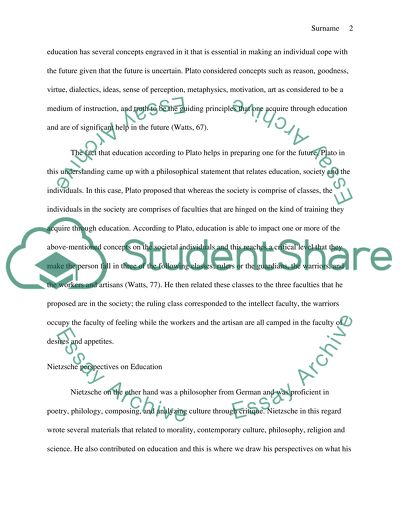Cite this document
(“Nietzche watts lao-tzu Essay Example | Topics and Well Written Essays - 1750 words”, n.d.)
Retrieved from https://studentshare.org/philosophy/1477827-nietzche-watts-lao-tzu
Retrieved from https://studentshare.org/philosophy/1477827-nietzche-watts-lao-tzu
(Nietzche Watts Lao-Tzu Essay Example | Topics and Well Written Essays - 1750 Words)
https://studentshare.org/philosophy/1477827-nietzche-watts-lao-tzu.
https://studentshare.org/philosophy/1477827-nietzche-watts-lao-tzu.
“Nietzche Watts Lao-Tzu Essay Example | Topics and Well Written Essays - 1750 Words”, n.d. https://studentshare.org/philosophy/1477827-nietzche-watts-lao-tzu.


